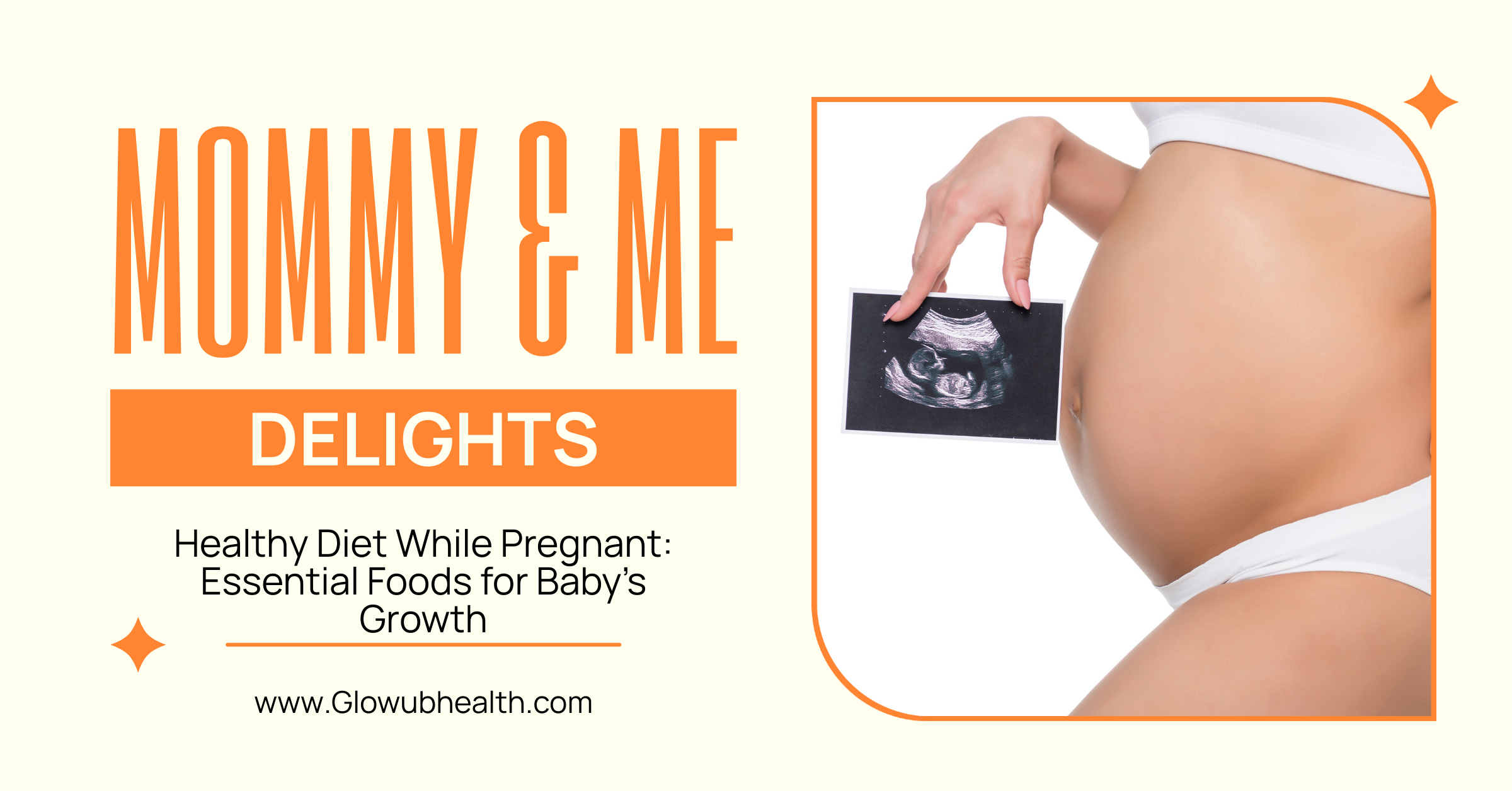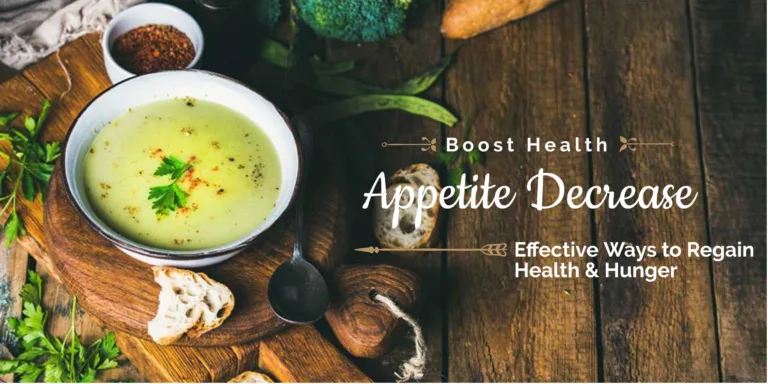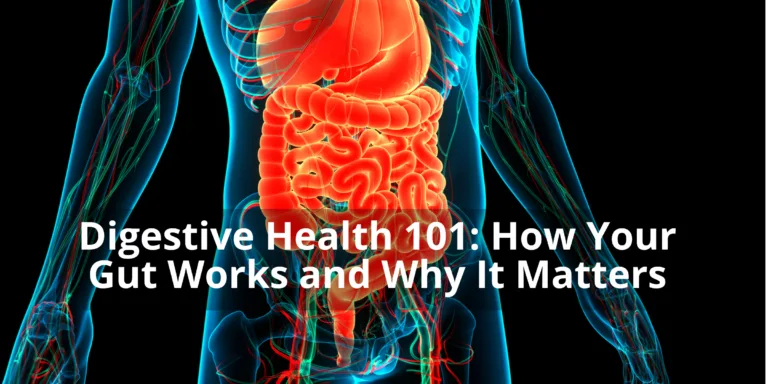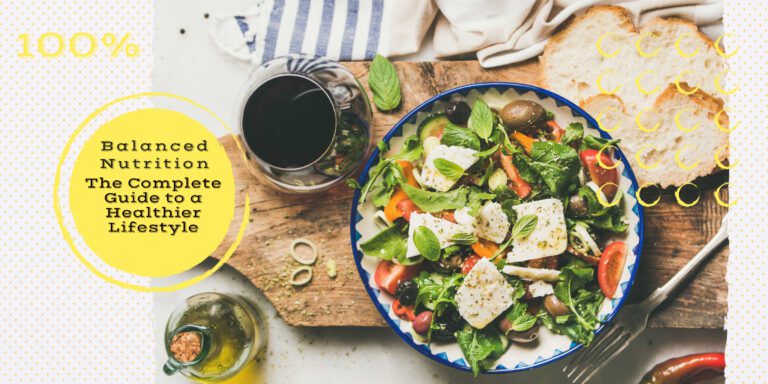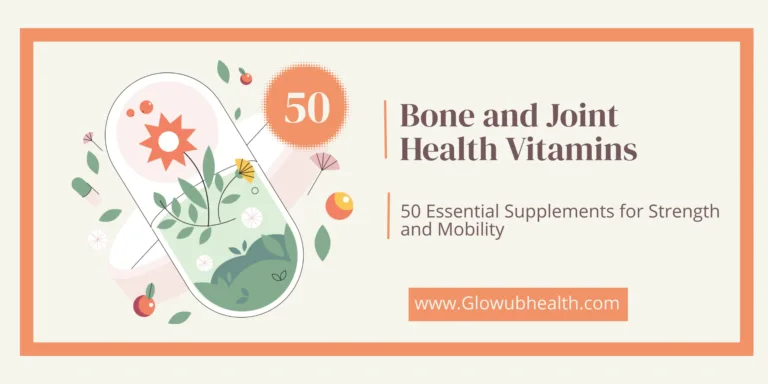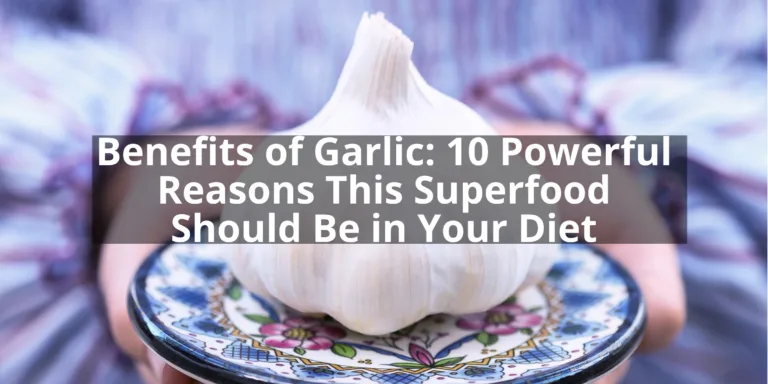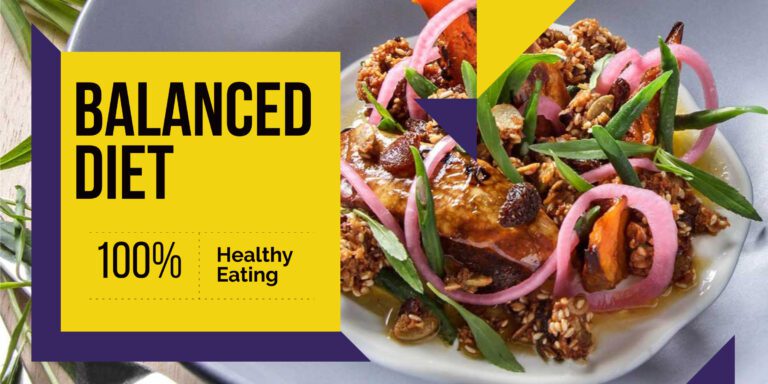Healthy Diet While Pregnant : Essential Foods for Baby’s Growth
Pregnancy is an amazing process, but it also brings a lot of changes — particularly in the nutritional needs of your body. Your diet during this time is important for not only your health, but also the baby’s health.
From the time of conception, your food options help fuel your energy, support your baby’s growing brain and bones, and support the creation of vital organs. It’s all about nourishing both of you in the best possible way — so that you can feel your best and your baby can get off to a good start.
In this article, we’ll explore the essential foods you should include in your pregnancy diet to ensure both you and your baby thrive.

Why a Healthy Diet While Pregnant Matters ?
Pregnancy is a time of fast growth for your baby, and your body needs many nutrients to accommodate this growth.
A healthy diet while pregnant gives your baby the building blocks it needs to develop appropriately and decrease the chance of complications, like preterm birth, low birth weight, and gestational diabetes.
Healthy nutrition can also mitigate common pregnancy symptoms, like nausea and fatigue.
Essential Nutrients for Baby’s Growth

1. Folic Acid
Folic acid is a key nutrient in a healthy diet while pregnant. It plays a crucial role in preventing neural tube defects, which affect the brain and spinal cord. Pregnant women should aim for at least 600 micrograms of folic acid per day.
Read More: Balanced Nutrition: The Complete Guide to a Healthier Lifestyle
Foods Rich in Folic Acid:
- Leafy greens like spinach and kale
- Citrus fruits like oranges
- Fortified cereals and whole grains
- Beans, peas, and lentils
2. Calcium
Calcium is vital for your baby’s bone and teeth development. If you don’t get enough calcium, your body will take it from your bones, which can lead to long-term health issues. Aim for at least 1,000 milligrams of calcium daily.
Best Calcium Sources:
- Dairy products like milk, cheese, and yogurt
- Leafy greens such as broccoli and collard greens
- Calcium-fortified juices and cereals
- Almonds and sesame seeds
3. Iron
Iron is essential for making extra blood for both you and your baby during pregnancy. A healthy intake of iron helps prevent anemia, a common condition in pregnancy that can leave you feeling weak and tired. Pregnant women should aim for about 27 milligrams of iron each day.
Iron-Rich Foods:
- Lean meats such as beef, chicken, and turkey
- Iron-fortified cereals
- Beans and lentils
- Dark leafy greens like spinach
4. Omega-3 Fatty Acids
Omega-3 fatty acids are important for the development of your baby’s brain and eyes. These essential fats are not naturally produced by the body, so they must come from your diet. Pregnant women should aim for about 200 milligrams of DHA (a type of omega-3) per day.
Omega-3 Food Sources:
- Fatty fish like salmon, sardines, and mackerel
- Chia seeds and flaxseeds
- Walnuts
- Omega-3 fortified eggs
Best Foods to Eat During Pregnancy

Incorporating a variety of nutrient-dense foods into your daily meals is key to maintaining a healthy diet while pregnant. Here are some of the best foods to eat during pregnancy:
1. Eggs
Eggs are an excellent source of high-quality protein, which is essential for your baby’s growth. They also contain choline, a nutrient important for brain development.
2. Sweet Potatoes
Sweet potatoes are rich in beta-carotene, which the body converts into vitamin A. This vitamin is crucial for cell growth and the development of your baby’s heart, lungs, and kidneys.
3. Greek Yogurt
Greek yogurt is a powerhouse of calcium and protein, both of which are vital for your baby’s bones and muscles. It also contains probiotics, which promote healthy digestion and can help reduce the risk of pregnancy-related constipation.
4. Berries
Berries like strawberries, blueberries, and raspberries are packed with antioxidants, fiber, and vitamin C. These nutrients help protect cells from damage and promote healthy skin and immune function.
5. Avocados
Avocados are rich in healthy fats, particularly monounsaturated fats, which support brain development. They also contain potassium and fiber, which can help reduce leg cramps during pregnancy.
What to Avoid in a Healthy Diet While Pregnant

While it’s important to focus on nutrient-rich foods, there are certain foods and substances that should be avoided to keep both you and your baby safe.
1. Raw or Undercooked Foods
Raw or undercooked meats, seafood, and eggs can carry harmful bacteria that could lead to foodborne illnesses, which can be especially dangerous during pregnancy.
2. High-Mercury Fish
Although fish is a great source of omega-3s, certain types of fish like shark, swordfish, and king mackerel contain high levels of mercury. Too much mercury can harm your baby’s nervous system.
3. Unpasteurized Dairy and Juices
Unpasteurized dairy products and juices may contain harmful bacteria like listeria, which can increase the risk of miscarriage, preterm birth, and other complications.
4. Caffeine
While moderate amounts of caffeine are generally considered safe during pregnancy, it’s best to limit your intake to less than 200 milligrams per day to reduce the risk of miscarriage or preterm birth.
Sample Meal Plan for a Healthy Pregnancy Diet

Here’s a simple meal plan to help you incorporate the essential nutrients needed for a healthy diet while pregnant:
Breakfast:
- Scrambled eggs with spinach and whole-grain toast
- A side of fresh berries and a glass of fortified orange juice
Snack:
- Greek yogurt with chia seeds and sliced bananas
Lunch:
- Grilled chicken salad with mixed greens, avocado, and olive oil dressing
- A side of quinoa for added protein and fiber
Snack:
- A handful of almonds and a piece of fruit
Dinner:
- Baked salmon with sweet potatoes and steamed broccoli
- A small serving of brown rice
Evening Snack:
- Cottage cheese with sliced peaches
Final Thoughts on a Healthy Diet While Pregnant
Eating a nutritious diet during pregnancy looks after your baby’s growth and development, and helps you to feel great during the pregnancy.
Focusing on nutrient-dense foods like leafy greens, lean protein, healthy fat, and whole grains will help you to provide the nutrition that your baby and you need to support a healthy pregnancy.
Case Study: Sarah’s Healthy Pregnancy Diet
Background:
Sarah, 28, wanted to improve her diet during pregnancy for the health of her baby.
Diet Plan:
- Folic Acid: Leafy greens and fortified cereals
- Iron: Lean meats and beans
- Calcium & Vitamin D: Dairy and sunlight
- Protein: Eggs and tofu
Outcome:
After 6 weeks, Sarah felt more energized, and her checkups showed healthy weight gain and normal baby development.
Conclusion
Pregnancy nutrition isn’t about being perfect; it’s about giving your body, and your baby, the attention it deserves. Each nutrient-dense bite you take is another step in promoting your baby’s growth and helping you feel more resilient, energized, and comfortable throughout this amazing experience.
Simply engaging with the basics, such as folic-acid, calcium, iron, and omega-3’s and consuming nutrient-rich foods such as eggs, dark leafy greens, fatty fish, and whole grains can help to lay a solid foundation for your baby’s brain, bones and health. Plus, being aware of what to limit – such as unpasteurized products and high-mercury fish – can help promote smart and loving choices for both of you.
Importantly, pregnancy is a time of transition, therefore nourishing yourself is one of the best ways to support that shift while feeling guided and nurtured.
FAQ
1. What is the most important nutrient during pregnancy?
Folic acid is one of the most important nutrients during pregnancy, as it helps prevent neural tube defects in the baby. Other critical nutrients include calcium, iron, and omega-3 fatty acids, which support overall development and maternal health.
2. How much should I eat during pregnancy?
You don’t need to “eat for two,” but you do need more calories as your pregnancy progresses. In the second and third trimesters, you should increase your daily intake by about 300–500 calories, depending on your activity level and specific needs.
3. What foods should I avoid during pregnancy?
Avoid raw or undercooked meats, high-mercury fish (like shark and swordfish), unpasteurized dairy products, and unwashed fruits or vegetables. You should also limit caffeine intake and avoid alcohol altogether.
4. Can I follow a vegetarian or vegan diet while pregnant?
Yes, a vegetarian or vegan diet can be healthy during pregnancy, but it’s important to ensure you get enough protein, iron, calcium, vitamin B12, and omega-3 fatty acids. Consider plant-based protein sources like beans, lentils, tofu, and fortified foods.
5. What are the best snacks to eat during pregnancy?
Healthy pregnancy snacks include Greek yogurt with fruit, almonds, carrot sticks with hummus, whole-grain crackers with cheese, and smoothies packed with leafy greens and berries.
6. How much water should I drink while pregnant?
Staying hydrated is crucial during pregnancy. Aim to drink at least 8–10 cups (64–80 ounces) of water each day to support your increased blood volume and amniotic fluid production.
7. Do I need prenatal vitamins if I eat a healthy diet?
While a balanced diet is essential, prenatal vitamins help fill any nutritional gaps and ensure you’re getting enough key nutrients like folic acid, iron, and DHA. Always consult with your healthcare provider to determine the best prenatal supplement for your needs.
8. Can I exercise while maintaining a healthy diet during pregnancy?
Yes! Combining a healthy diet with regular, moderate exercise is great for maintaining your energy and managing weight gain during pregnancy. Walking, swimming, and prenatal yoga are excellent choices, but always check with your doctor before starting any new exercise routine.
